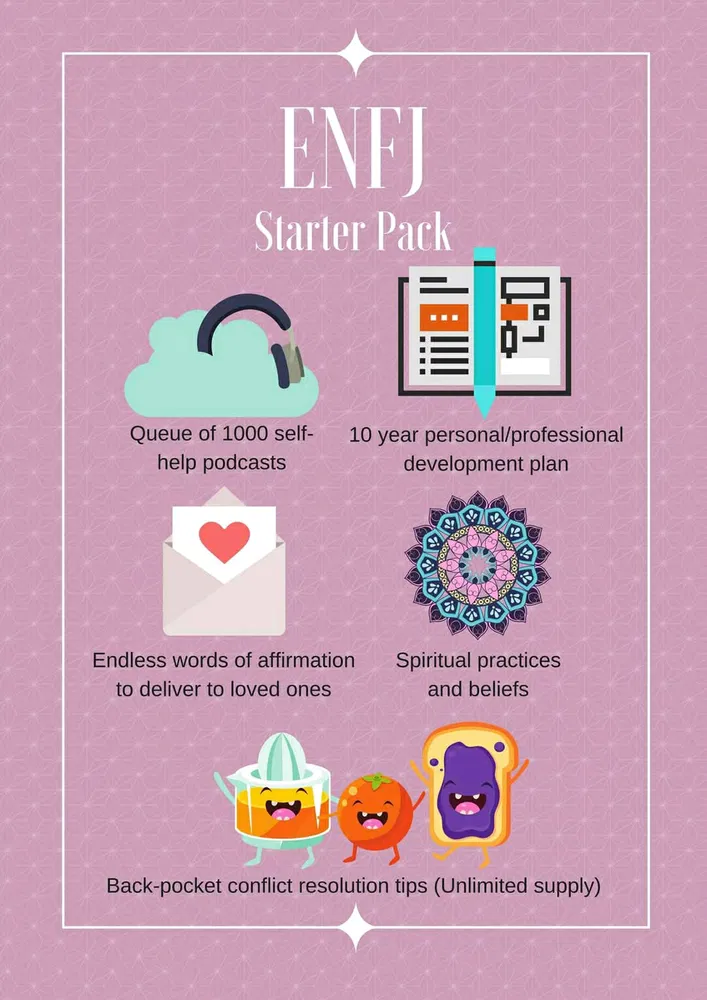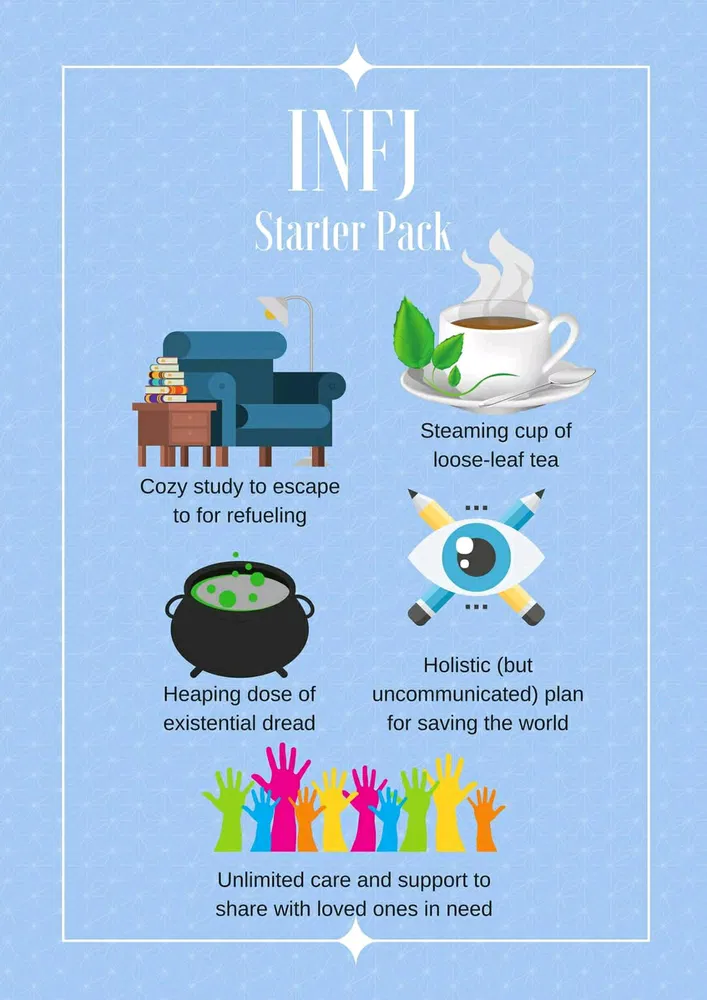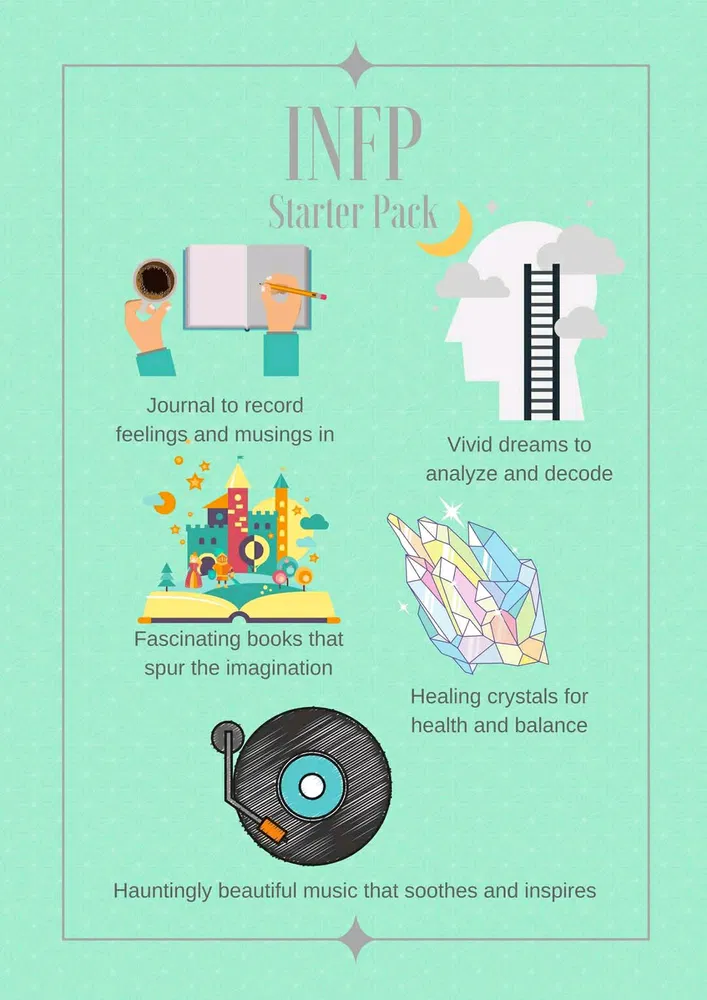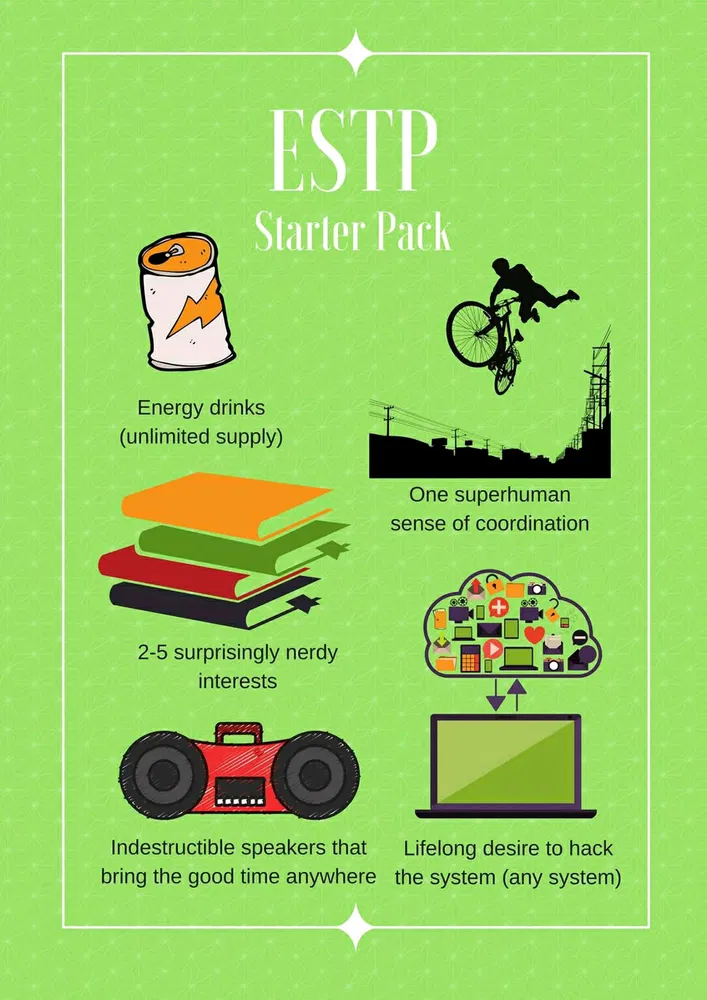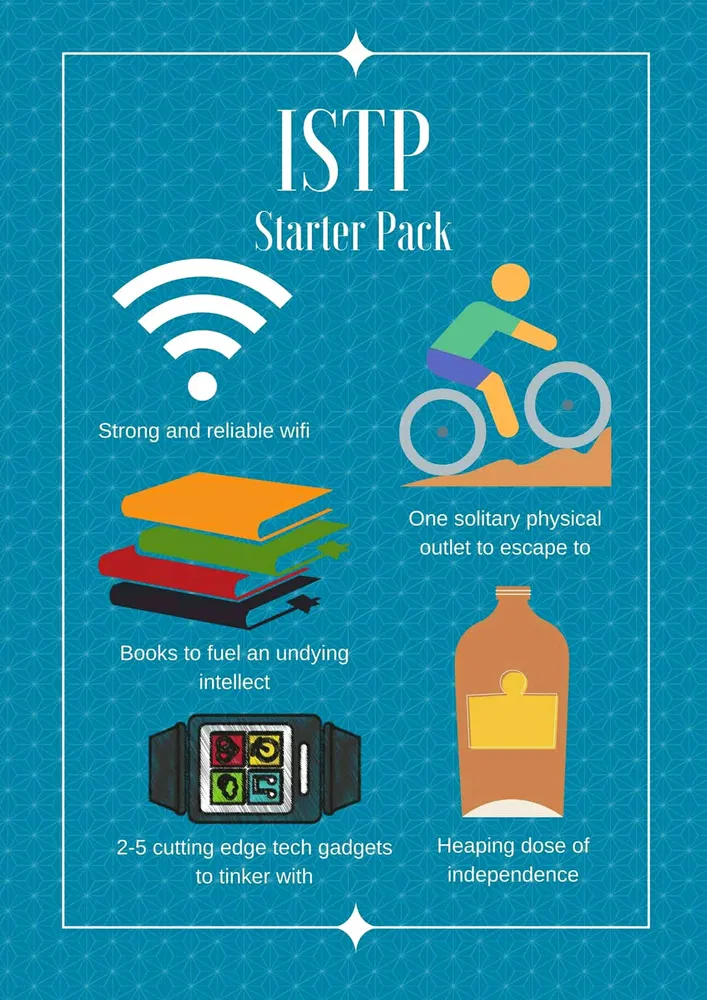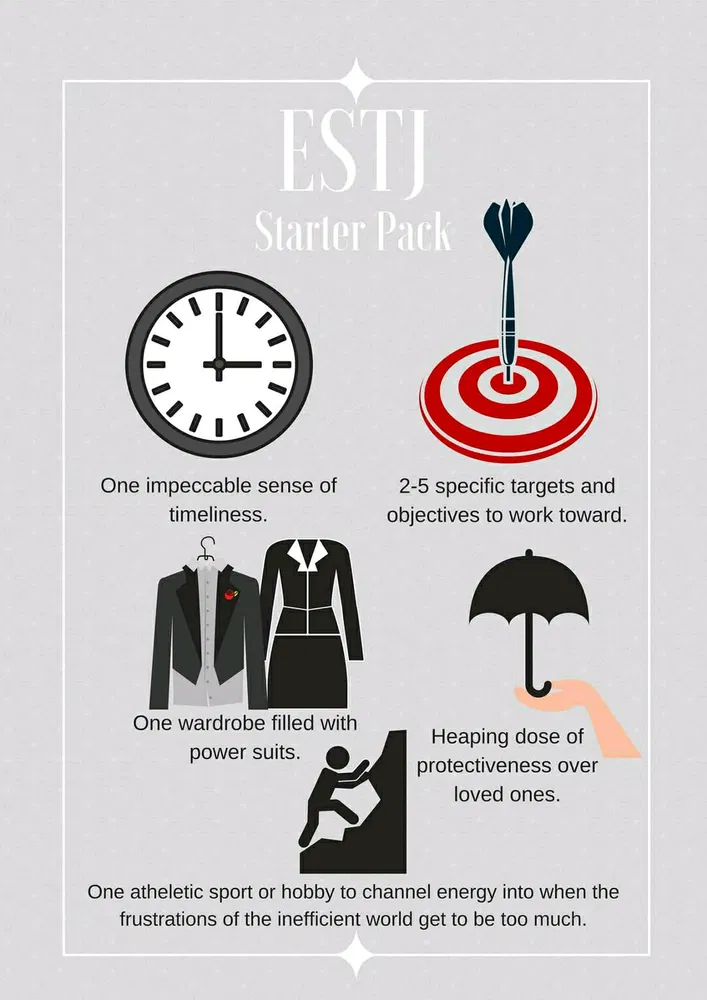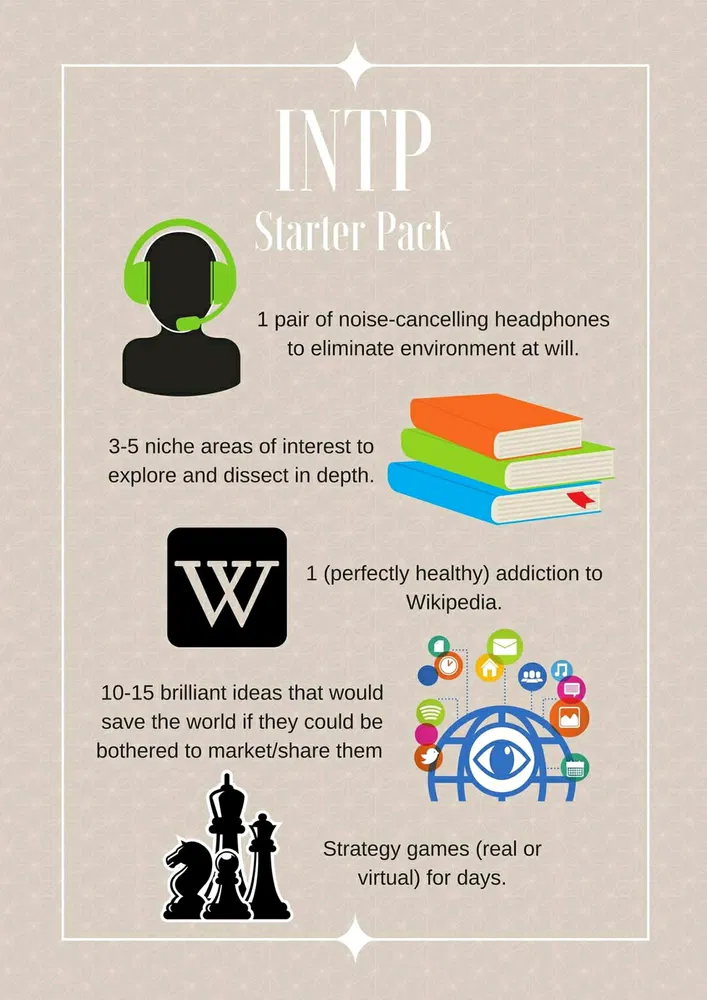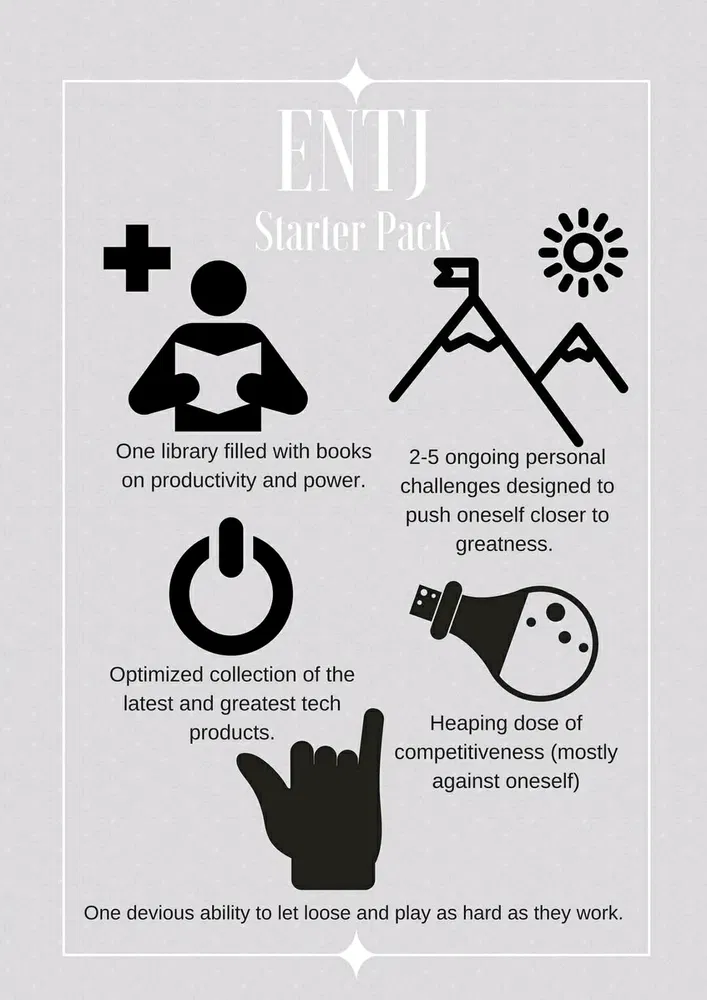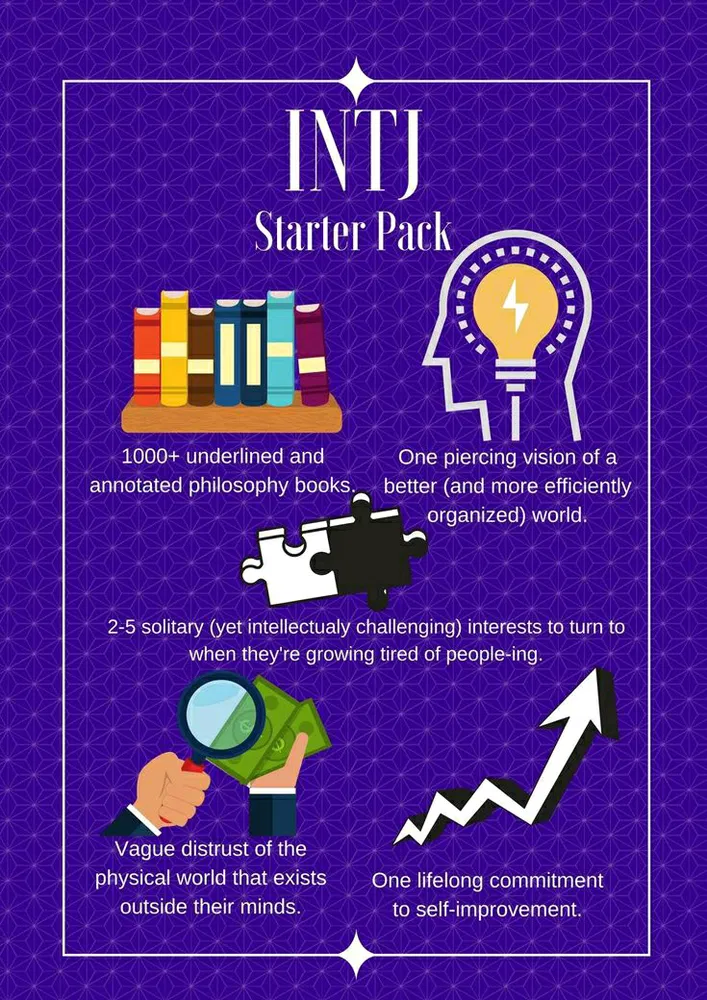We use cookies on our website for a number of purposes, including analytics, performance, and advertising. Learn more.
OK!
Boo
SIGN IN
How ENFJ Handle Crisis: The Hero's Journey Through Tough Times
By Boo Last Updated: February 4, 2025
ENFJs, often referred to as "The Heroes" of the personality spectrum, are known for their charismatic and empathetic nature. They thrive on building connections and fostering harmony in their environments, whether in professional or academic settings. Their innate ability to inspire and lead others often positions them as natural caretakers, making them the go-to individuals during challenging times. However, this same strength can make them particularly vulnerable when faced with crises, as their desire to help others can sometimes overshadow their own needs.
In the workplace, ENFJs are typically seen as the glue that holds teams together. Their strong interpersonal skills and emotional intelligence allow them to navigate complex dynamics with ease. However, during times of stress, their idealistic tendencies may lead them to take on too much responsibility, causing them to become overwhelmed. This guide aims to explore how ENFJs manage crises, highlighting their emotional landscape, coping mechanisms, and the importance of building resilience.
Explore the ENFJ At Work Series
- Understanding ENFJ's Decision-Making Process
- How ENFJ Approaches Personal Growth and Self-Improvement
- ENFJ's Learning Style: How They Absorb and Apply Knowledge
- The ENFJ Leadership Style
- The Creative Side of ENFJ
- How to Bring Out the Best in ENFJs
Understanding The Emotional Landscape Of ENFJs
ENFJs experience a rich emotional landscape that deeply influences how they respond to crises. Their sensitivity to the feelings of others often leads them to prioritize the needs of those around them, sometimes at the expense of their own well-being. This characteristic can create a unique set of emotional reactions during difficult times.
- Overwhelming Empathy: ENFJs may find themselves feeling the weight of others' emotions, leading to emotional fatigue. Their desire to help can morph into a sense of responsibility for others' well-being, which can be exhausting.
- Idealistic Disappointment: When reality doesn't align with their high ideals, ENFJs may experience feelings of discouragement. Their vision of how things should be can clash with the harsh realities of a crisis, leaving them feeling disheartened.
- Withdrawal and Reflection: In moments of intense stress, ENFJs might withdraw to process their feelings. This retreat allows them to regroup, but it can also lead to misunderstandings with those who rely on their support.
Coping Mechanisms For ENFJs During Crisis
Coping mechanisms are essential for ENFJs to navigate through difficult times effectively. Their natural inclination to care for others can sometimes lead to neglecting their own needs, making it crucial for them to develop healthy coping strategies.
Seeking Support From Loved Ones
During a crisis, ENFJs often turn to their close friends and family for support. For instance, when faced with a professional setback, an ENFJ might reach out to a trusted colleague or mentor to share their feelings and gain perspective. This connection not only provides emotional relief but also reinforces their sense of community.
Engaging In Creative Outlets
ENFJs frequently find solace in creative activities as a way to express their emotions. For example, an ENFJ experiencing stress may take up painting or writing to channel their feelings into something productive. This creative expression helps them process their thoughts and regain a sense of control.
Practicing Mindfulness Techniques
To combat overwhelming emotions, ENFJs can benefit from mindfulness practices. An ENFJ might incorporate meditation or yoga into their daily routine, allowing them to center their thoughts and reduce anxiety. These practices can help them cultivate a sense of calm amidst chaos.
Setting Boundaries
In times of crisis, ENFJs may struggle with saying no, leading to burnout. Learning to set boundaries is crucial for their well-being. For instance, an ENFJ may decide to limit their involvement in group projects during particularly stressful periods, allowing them to focus on self-care.
Journaling For Clarity
Journaling can serve as a powerful tool for ENFJs to articulate their thoughts and feelings. By writing down their experiences, they can gain clarity and insight into their emotional landscape. This practice not only aids in processing their emotions but also helps them strategize for the future.
Building Resilience As An ENFJ
Building resilience is vital for ENFJs to navigate life's challenges effectively. Their natural strengths can be harnessed to develop techniques that foster emotional stability and adaptability.
Cultivating Emotional Awareness
ENFJs can enhance their emotional resilience by developing a deeper understanding of their feelings. By regularly checking in with themselves, they can identify emotional triggers and patterns, allowing them to respond more effectively during crises.
Practicing Self-Compassion
Self-compassion is essential for ENFJs, who often hold themselves to high standards. By treating themselves with kindness during tough times, they can cultivate a more nurturing inner dialogue, helping them bounce back from setbacks.
Engaging In Positive Affirmations
Positive affirmations can help ENFJs counter negative self-talk. By regularly repeating affirmations that align with their values, they can reinforce their self-worth and maintain a positive outlook, even in challenging situations.
Developing Problem-Solving Skills
ENFJs can enhance their resilience by honing their problem-solving abilities. By approaching challenges with a solutions-oriented mindset, they can shift their focus from the problem to potential outcomes, empowering them to take proactive steps.
Building A Support Network
A strong support network is crucial for ENFJs. By surrounding themselves with like-minded individuals who understand their values and aspirations, they can create a safety net that provides encouragement and guidance during tough times.
Recognizing When To Seek Professional Help
While ENFJs are adept at managing their emotions, there are times when seeking professional help becomes necessary. Understanding when to reach out for support can make a significant difference in their emotional well-being.
Persistent Feelings Of Overwhelm
If an ENFJ finds themselves feeling consistently overwhelmed, it may be a sign to seek professional help. Recognizing that they cannot always carry the emotional weight of others is crucial for their mental health.
Difficulty Regulating Emotions
When ENFJs struggle to manage their emotions effectively, it may indicate a need for therapeutic support. A mental health professional can provide tools and strategies to help them navigate their emotional landscape more effectively.
Isolation From Social Connections
If an ENFJ begins to withdraw from their social circles, it could signal a deeper emotional struggle. Reaching out for help can assist them in reconnecting with their support system and addressing underlying issues.
Recurring Patterns Of Stress
ENFJs may notice recurring patterns of stress that affect their daily lives. Seeking professional guidance can help them identify these patterns and develop healthier coping mechanisms.
Seeking Alignment With Values
When ENFJs feel misaligned with their core values, it may be time to consult a professional. A therapist can assist them in exploring their values and finding ways to align their actions with their beliefs.
FAQs
How can ENFJs balance their needs with those of others during a crisis?
Balancing personal needs with those of others is a common challenge for ENFJs, especially during tough times. Exploring ways to prioritize self-care while still being supportive can be beneficial.
What are some common misconceptions about ENFJs during crises?
Many people may assume that ENFJs are always strong and composed, but in reality, they can struggle just like anyone else. Understanding their vulnerabilities can foster deeper connections.
How can ENFJs improve their emotional regulation skills?
Improving emotional regulation involves practicing mindfulness, self-awareness, and seeking support when needed. These skills can help ENFJs manage their emotions more effectively.
What role does self-care play in an ENFJ's ability to cope with stress?
Self-care is crucial for ENFJs, as it allows them to recharge and maintain their emotional well-being. Prioritizing self-care can enhance their resilience during crises.
How can ENFJs support others while also taking care of themselves?
ENFJs can support others by setting boundaries and recognizing their limits. This balance allows them to provide help while ensuring their own emotional health is not compromised.
Conclusion
In conclusion, ENFJs possess a unique set of strengths and challenges when navigating crises. Their empathetic nature and desire to help others can sometimes lead to emotional overwhelm, making it essential for them to develop effective coping mechanisms and resilience strategies. By recognizing their emotional landscape, practicing self-care, and understanding when to seek professional help, ENFJs can emerge from tough times even stronger. Remember, it’s okay to prioritize your well-being; by doing so, you not only help yourself but also enhance your ability to support those around you.
MEET NEW PEOPLE
JOIN NOW
50,000,000+
DOWNLOADS
ENFJ People and Characters
Universes
Personalities
Meet New People
50,000,000+
DOWNLOADS
JOIN NOW
































